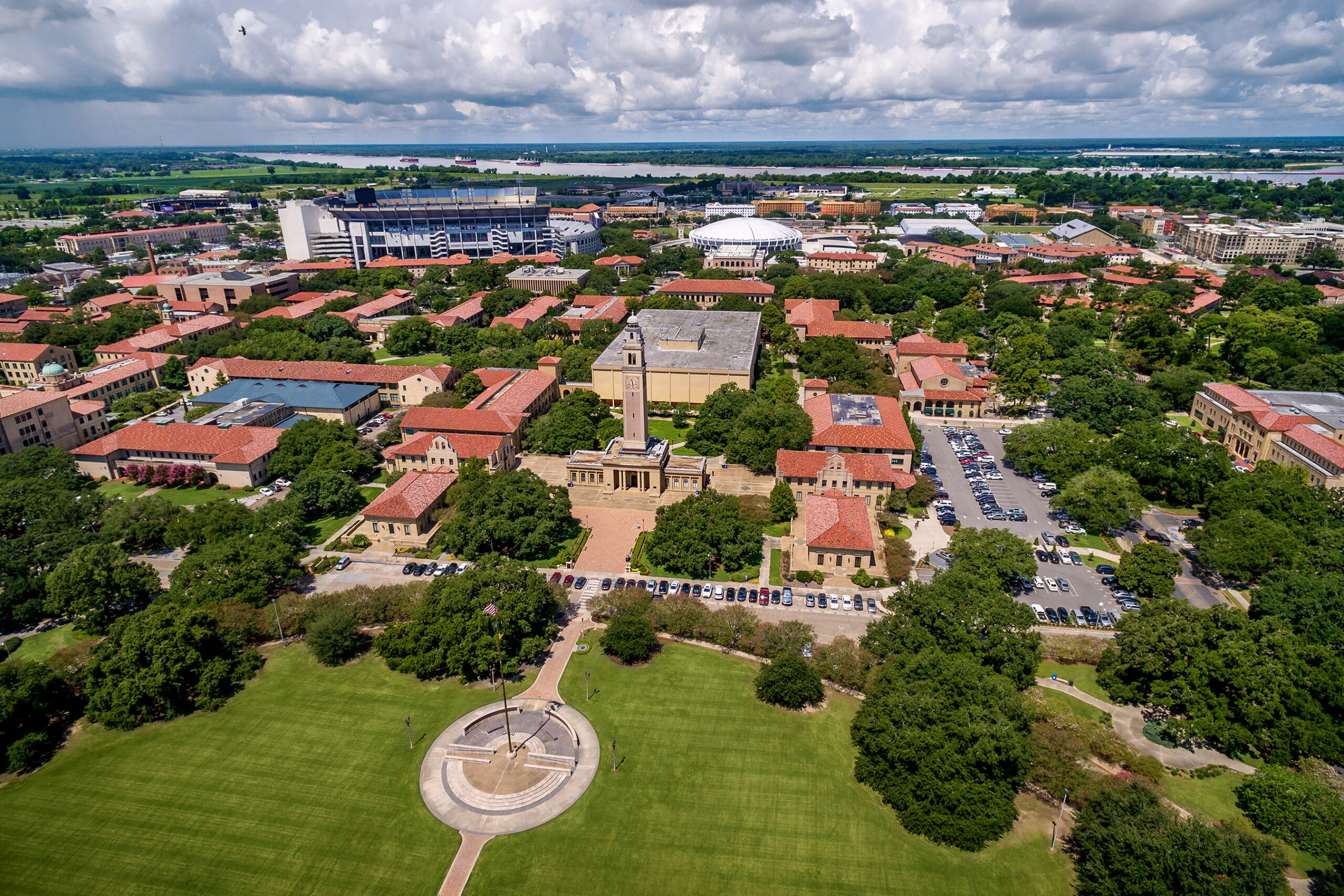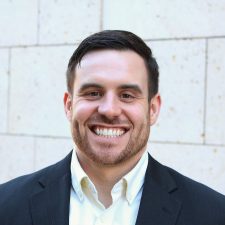Community Service
INSAR Student & Trainee Committee
In 2019, I joined the International Society for Autism Research (INSAR) Student & Trainee Committee (STC). This committee’s three goals are: to represent the perspectives and needs of INSAR student members; provide support for the student members of INSAR through learning, networking, and mentorship opportunities; and increasing global and neurodivergent representation and accessibility of INSAR activities. On this committee, I co-directed the INSAR Institute, led Meet-the-Experts meetings, and led a weekly writing accountability group.
INSAR Institute
In 2020, 2021, and 2022, I co-directed the INSAR Institute with my wonderful INSAR STC colleagues, Jiedi Lei and Molly McCabe. Together with members of the INSAR STC members, we put together webinar series for students, postdoctoral fellows, early career investigators, families, service providers, autistic people, and their families of with the themes of “Developmental Stages of Autism through a Research Lens”, “Autism & Intersectionality”, and “Autistic People’s Research Priorities”. The “Developmental Stages of Autism through a Research Lens” series focused on understanding barriers and facilitators that influence autistic individuals’ transition through different life stages. The “Autism & Intersectionality” series focused on understanding autism research and autistic people’s experiences across multiple identities and groups (i.e., race, gender, sexual orientation, neurodiversity, culture, and under-resourced communities). The “Autistic People’s Research Priorities” series was co-developed with Ellie Taylor, Tobi Abubakare, and the Autistic Researchers Committee and focused on the adult autism diagnoses, burnout, meltdowns, and shutdowns, mental health, sleep differences, and participatory research. The recordings of these presentations are available for replay on the INSAR website: INSAR Institute 2020, INSAR Institute 2021, INSAR Institute 2022.
Autism Community Presentations
I have given presentations with Dr. Haylie Miller to a general community as well as to parents and self-advocates. Working with the Fort Worth Museum of Science and History, we gave a presentation on the potential for clinical use of virtual reality (VR) for serious games. The rise of “serious games” has changed the way we think about what VR can do. No longer just a leisure activity, VR games can also help us understand and possibly even treat different medical and psychological conditions. But what are the limits of this technology…are we ready to jump into the virtual world with both feet?
We also developed a workshop for self-advocates and parents of children with autism to improve strength and coordination across the lifespan. In this workshop, participants learned about the types of movement difficulties that children, teens, and adults with autism often experience. We discussed whole-body movement (like standing, leaning, walking) and upper-body movement (like reaching, grasping, handwriting). We demonstrated activities participants could do at home to test their movement ability and exercises they could do to improve strength and coordination.
Autism Education and Advocacy Group
The Autism and Education Advocacy Group is comprised of faculty, students, and staff from the UNT Health Science Center working to increase awareness of autism and advocate for support of the autism community in the Dallas-Fort Worth area. Our membership has consisted of parents, siblings, and friends of people with autism as well as self-advocates. We meet monthly, beginning by to discuss topics such as current autism research, approaches to disaster preparedness, and transitioning to adulthood and independence.
Tulane University Service
Graduate and Professional Student Association President
As the President of Tulane University’s Graduate and Professional Student Association, I acted as the primary representative for more than 4500 graduate students across 10 different academic schools. My role as president ranged from advocating for graduate student needs to advising the handling of a budget in excess of $800,000. I worked closely with my executive board members, as well as the Undergraduate Student Government, faculty, staff, and administration, to support and advocate for graduate students in regards to Tulane University’s policies on health insurance, finances, transportation, alcohol, and sexual misconduct.
Sexual Misconduct Task Force
On the Sexual Misconduct Task Force, I have played several roles. Along with being a voice for the graduate and professional students, I have also been a data analyst. I was primarily responsible for cleaning, weighting, and imputing data to create a dataset that is representative of the Tulane University student population. Currently, I am working with Tulane’s Title IX Office, Office of Assessment and Institutional Research, Division of Student Affairs, and President’s Office to create innovative data-driven programs and interventions to combat sexual misconduct on Tulane University’s campuses.
Alcohol Policy Task Force
In my time at Tulane, I worked on the Alcohol Policy Task Force. This task force reviewed and updated the Tulane University Alcohol Policy. Primarily, I was responsible for coordinating graduate student input on the alcohol policy along with writing the policies and procedures for graduate and professional students. Following the reviews of the alcohol policy, I have been involved in the creation and implementation of “Sober Event Monitor” training through TIPS Training and an in-house Tulane training known as OWSEM. I acted as a trainer for the TIPS certification system and implemented this for a number of graduate and professional student groups. For OWSEM, I was involved in adapting the system developed for undergraduate students to be more applicable and engaging for graduate and professional students.

